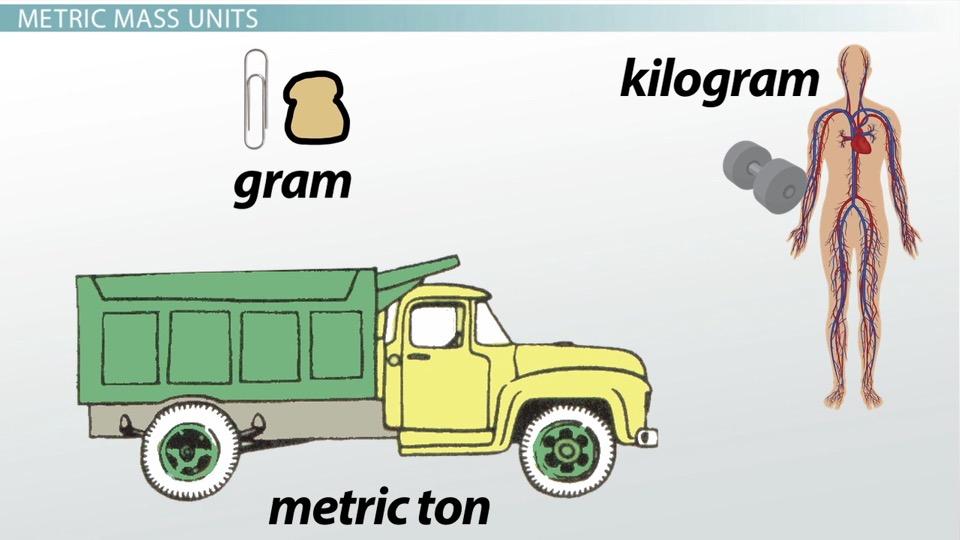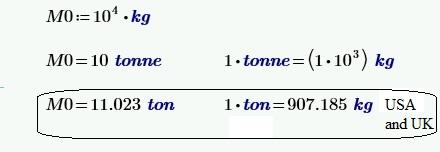In the fast-paced world of logistics, every shipment holds a weighty significance. And quite literally, too. Enter the concept of the Measurement Ton – a crucial metric that determines the volume and cost of transporting goods across oceans and continents. Understanding this key component of the shipping industry is essential for businesses looking to navigate the complexities of global trade. Join us as we delve into the world of Measurement Tons and explore how they shape the modern logistics landscape.
Understanding Measurement Ton in Logistics
When it comes to logistics, understanding the concept of a measurement ton is crucial for efficient transport and shipping operations. A measurement ton, also known as a freight ton or long ton, is a unit of measurement used in the shipping industry to calculate the volume of cargo that a vessel can carry. Unlike a metric ton, which is based on weight, a measurement ton is based on the volume of the cargo.
One measurement ton is equal to 40 cubic feet or 1.12 cubic meters. This measurement is used to determine the amount of space a cargo will occupy on a vessel, rather than the weight of the cargo. When planning logistics operations, it is important to consider the measurement ton of the cargo to ensure optimal utilization of space and efficient transportation of goods. By understanding the measurement ton in logistics, companies can streamline their shipping processes and maximize the efficiency of their supply chain operations.

Key Factors Impacting Measurement Ton Calculation
When it comes to calculating measurement tons in logistics, transport, and shipping, there are several key factors that play a crucial role in the final determination. One of the most important factors is the actual weight of the cargo being transported. This is typically measured in either kilograms or pounds and is essential for accurately determining the measurement ton.
Another factor that impacts measurement ton calculation is the volume of the cargo. The cubic size of the shipment can also influence the final measurement ton calculation. In addition, the density of the cargo plays a significant role in the overall calculation process. It is important to consider all these factors carefully to ensure accurate measurement ton calculations for efficient logistics, transport, and shipping operations.

Optimizing Shipping Strategies with Measurement Ton in Mind
When it comes to optimizing shipping strategies, one key factor that often gets overlooked is the measurement ton. Understanding how to work with measurement tons can significantly impact the efficiency and cost-effectiveness of your shipping operations. By taking this metric into account, you can better plan your shipments, maximize container space, and ultimately save money on transportation costs.
With the right approach, measurement ton can be used to streamline the shipping process and improve overall logistics. By carefully calculating the volume and weight of your cargo in measurement tons, you can ensure that shipments are packed efficiently and effectively. This not only helps to minimize wasted space but also reduces the risk of damaged goods during transit. By prioritizing measurement ton in your shipping strategies, you can optimize your operations and stay ahead of the competition in the fast-paced world of transportation and logistics.

Challenges and Opportunities in Implementing Measurement Ton in Transport operations
One of the main challenges in implementing Measurement Ton in transport operations is the lack of standardization across different modes of transport. Each mode of transport may have its own way of measuring tonnage, leading to confusion and inefficiencies in the logistics process. This can result in inaccuracies in billing and freight charges, as well as delays in shipments.
However, with these challenges come opportunities for improvement. By streamlining measurement ton processes and creating industry-wide standards, companies can enhance efficiency and accuracy in their transport operations. This can lead to cost savings, improved customer satisfaction, and a more sustainable supply chain. Embracing new technologies and innovative solutions can also help overcome these challenges and drive success in implementing Measurement Ton in transport operations.
Insights and Conclusions
In conclusion, the measurement ton plays a crucial role in the world of logistics, transport, and shipping. Its ability to accurately measure and calculate the weight of goods allows for seamless coordination and efficient delivery of products around the globe. Understanding the importance of this unit of measurement is essential for professionals in the industry to ensure smooth and successful operations. So next time you come across the term “measurement ton”, remember the significant role it plays in keeping the world moving.
